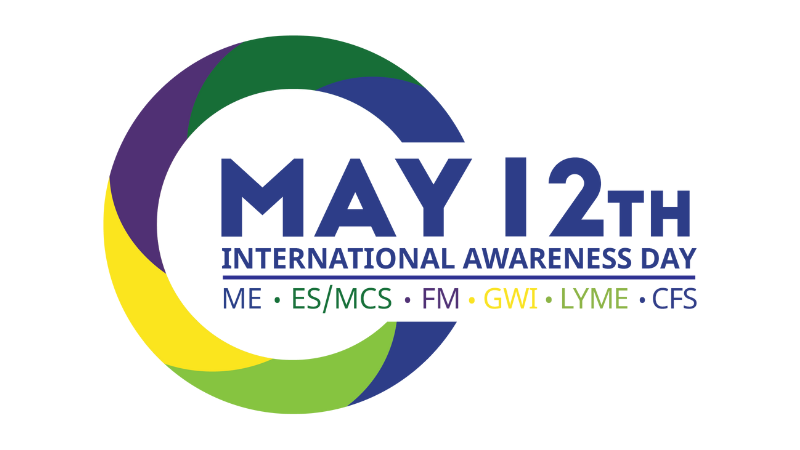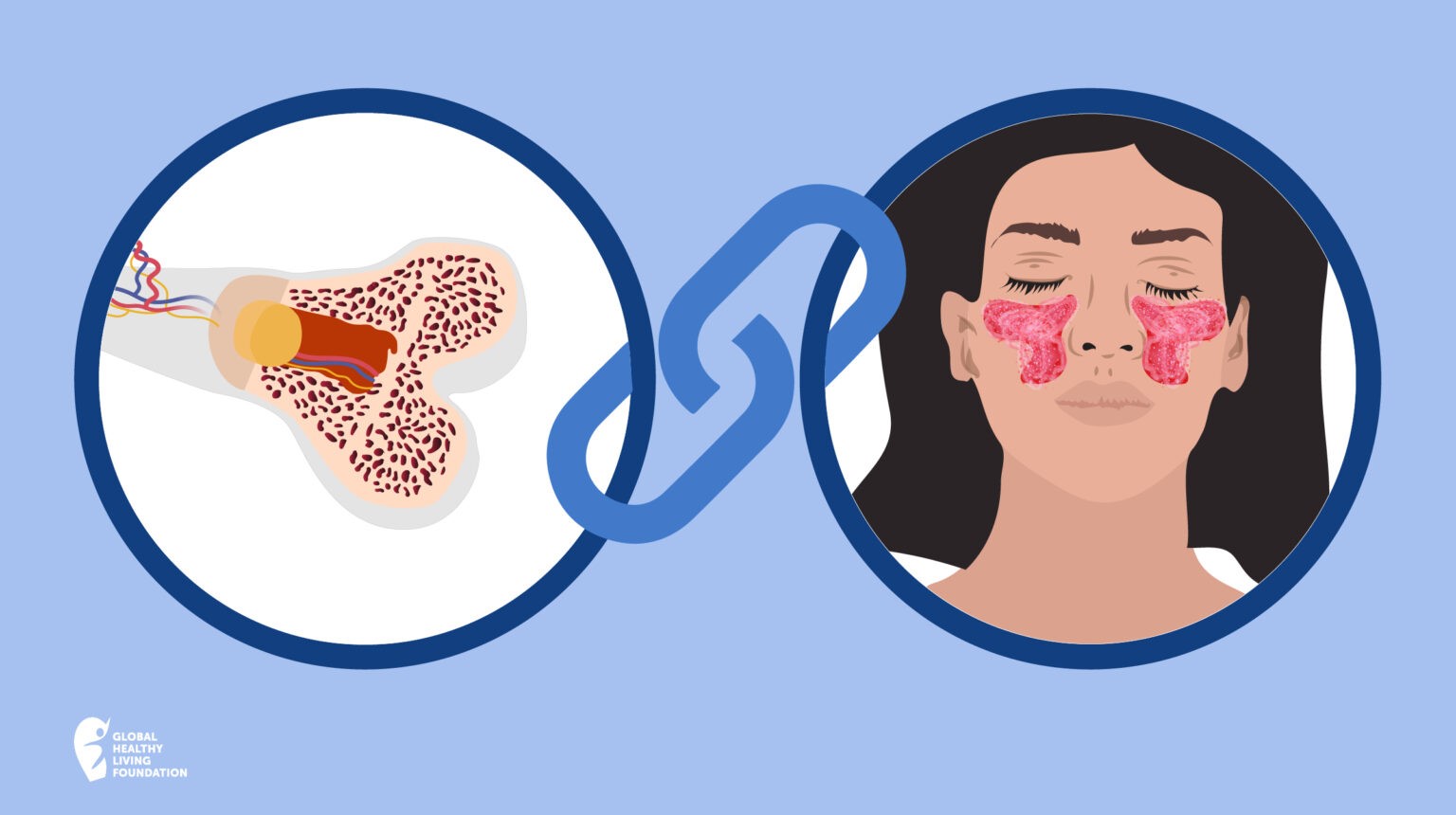

Recently I attended the Giving it a Go: Working Towards Health and Wellbeing focus group in Canberra. This was run by the Australian Health Policy Collaboration (A division of the Mitchell Institute) at Victoria University in Melbourne and Australian Institute for Musculoskeletal Science at The University of Melbourne. It is funded by the Federal Government’s Try, Test and Learn grant program.
The group I attended was one of a series of focus groups held around Australia in late 2019. The groups were particularly aimed at people on the Disability Support Pension (DSP) but were open to all people with musculoskeletal conditions (such as arthritis, back pain or injuries). Participants were invited to share their experience regarding the barriers and enablers that they encounter when engaging with work, study and their communities.
Firstly, I was very impressed with the organisers. They were very genuinely interested in what we, the disabled participants, had to say. My focus group had only three participants, but we had a lively discussion with all having a chance to be heard.
A point of note is that one of the ladies did not identify as disabled. She was also not on the DSP but she feared she might be forced there, as her workplace was not providing accommodations and she felt she was being ‘pushed out’.
This is a huge problem for people with musculoskeletal conditions and, unfortunately, it’s not uncommon. Despite it being illegal to discriminate against someone based on their disability, in the real world it happens every day. There are plenty of ways to discourage a person with disability from continuing with their employment; the employer changes their duties or moves them to increasingly less and less interesting and/or challenging positions under the guise of accommodating their health needs.
Ultimately the only option becomes to resign, and, only after they resign do they realise how very difficult it is to find work if you disclose your disability. While you are not legally obligated to disclose your disability to an employer, in practice most disabilities are impossible to hide long term, so not disclosing is not a viable option.
In the focus group our stories were remarkably similar – a history of gradually reducing hours as our illness and/or disabilities became more severe and, ultimately, needing to resign. Some employers are willing to provide simple accommodations (things such as being allowed to use heat packs, having a printer located closer to our workstations, being allowed “stretch” breaks, flexible hours and flexible deadlines) but not all deliver on these promises. All of us felt forced out of our positions, with no option but to go on the DSP.
Once on the DSP there is little support in getting back into the workforce. My own experience was to sign up with the Disability Employment Service, only to be told there was no “requirement” for me to seek work, and no support was forthcoming. Once out of the workplace, people with disabilities experience isolation and disconnection from the community and live in relative poverty compared to non-disabled people.
The information from these focus groups will be used to develop a tailored information package and social media resources to improve their capacity and re-engage with work, education and the community.
I have signed up to test the resources and provide feedback to help ensure the end products become available to all DSP recipients with musculoskeletal conditions in the future. I look forward to continuing to be involved with this very important initiative.
You, too, can register your interest in participating in the ongoing Giving it a Go project by contacting the study team on 03 9919 1132 or givingitago@vu.edu.au
Janine Monty is the Canberra representative of the CreakyJoints Australia Patient Council and writes across various platforms as Arthritic Chick.




